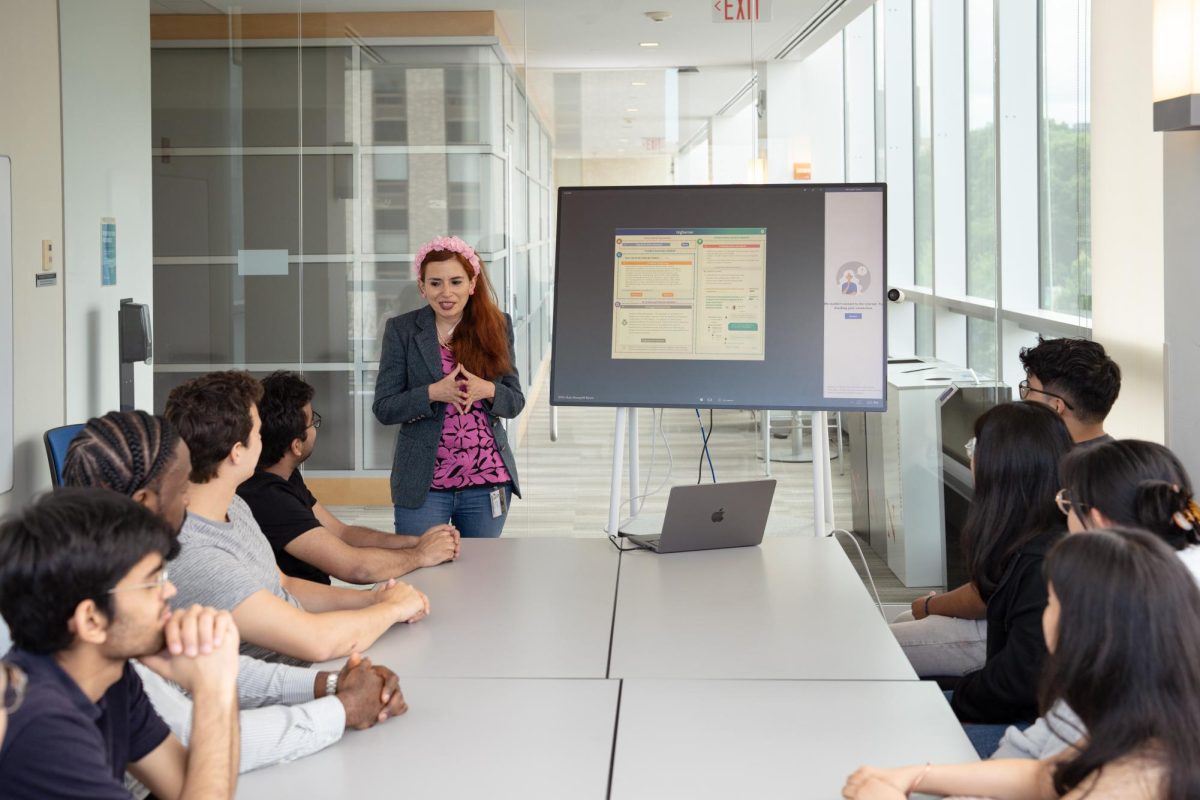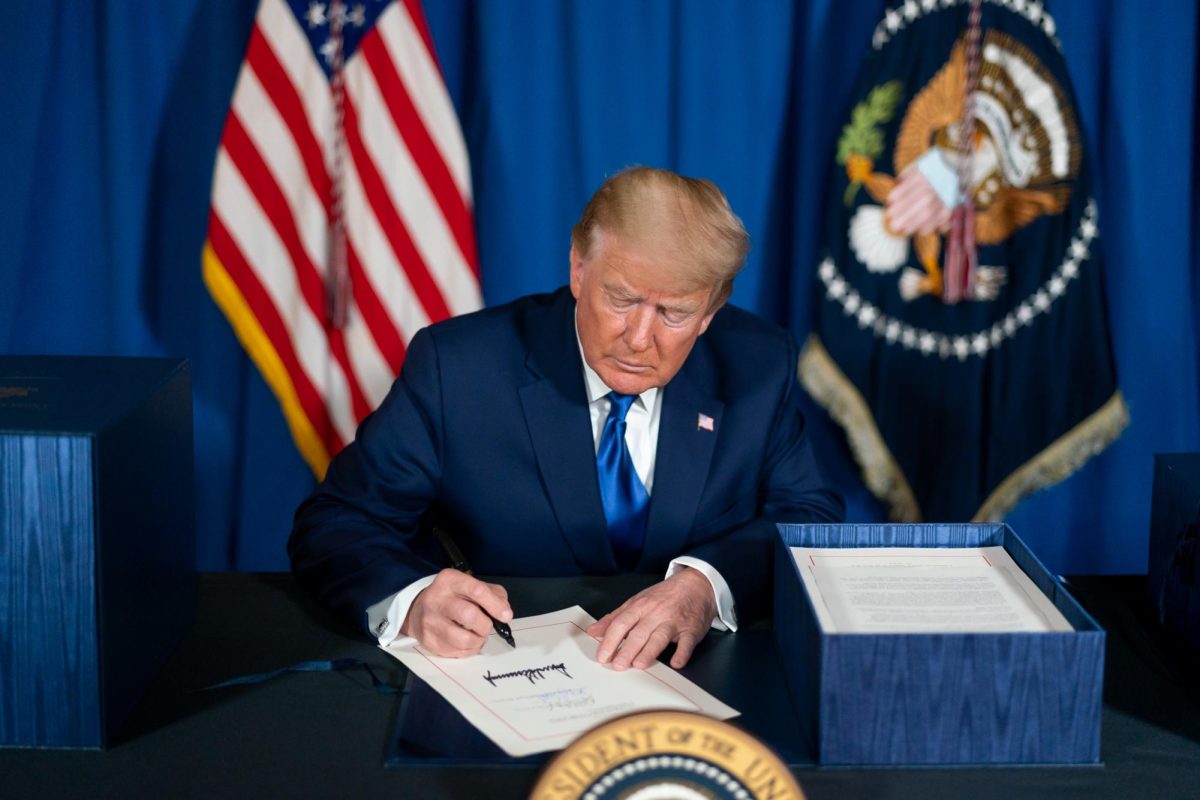By C.G. Lynch
With the skyrocketing price of tuition, education policy may become an integral issue for collegiate voters in the final months of the campaign season as they assess the contrasting strategies of President George W. Bush and democratic presidential nominee John Kerry.
For the 2004-05 academic year at Northeastern, on-campus freshmen without aid will pay an estimated total of $36,946. Other neighboring colleges have even larger sums, like Boston University’s $40,082, according to the Office of Admissions.
After being in office three days, President Bush declared education one of his highest legislative priorities by proposing No Child Left Behind (NCLB). Working through bipartisan channels, the bill passed less than a year later and was deemed by Kerry as “groundbreaking.”
For post-secondary education, Bush’s NCLB called for $250 million to fund partnerships between local high schools and community colleges. In addition, it added $33 million in Pell grants for low-income students.
But some education policy analysts said NCLB initiatives for higher education fail to address the overall need to help poverty-stricken students and may not be adequate as more students enroll in college.
“The $33 million is just a drop in the bucket,” said Joan Fitzgerald, associate professor of education and interim director of Northeastern’s Center for Law, Policy and Society. “The number of kids in the public schools is going to be increasing and there will be more need.”
An official at Bush-Cheney campaign headquarters confirmed the NCLB measure was the President’s primary effort to promote college affordability, but declined to comment further.
Democrats have made education a primary domestic policy issue along with health care and job creation.
“Higher education must be affordable so many Americans can fulfill their dream of attending or sending their child to college,” said Edward McElroy, president of the American Federation of Teachers, at the DNC Monday. “Too many of our students attend schools that need help.”
Kerry promises he will offer College Opportunity Tax credits on tuition and provide aid to states that keep tuition low.
“It’s a pretty comprehensive initiative at the higher education level,” Fitzgerald said. “Senator Kerry offers incentives to keep their tuition down.”
Although Kerry’s education plan offers monetary incentives, some students said they are not sure if it will really work out.
“The focus of both Bush’s and Kerry’s education plans seem important, but I’m not sure if it’s possible for Kerry’s to work. Maybe [the tax credits] would work for students getting a lot of government money already, but I don’t think there are a lot of students at Northeastern who might need the tax break,” said Cristina Disanto, a senior sociology major.
Eric Schultz, a spokesman for the Kerry campaign, said the democratic nominee’s plan for higher education is important because it focuses on the future of the country.
“The youth of America is the engine of John Kerry’s campaign. Under George W. Bush, too many young Americans are priced out of colleges at a time when college is more important than ever. [The Bush administration] is slamming the doors of college shut. John Kerry understands today’s students are the engine of tomorrow’s economy,” Schultz said.
While both Bush and Kerry use education as a major part of their platforms, students said they wonder if the president elected in November will keep his campaign promises.
“I believe whoever is elected will take a shot at making higher education more afforable, but I don’t know if it’s really going to happen,” said senior mechanical engineering major Danny Macari. “They should follow through, especially since they want to have more young people vote for them.”
– News staff writers Michael Naughton and Lauren Rouleau contributed to this report.








